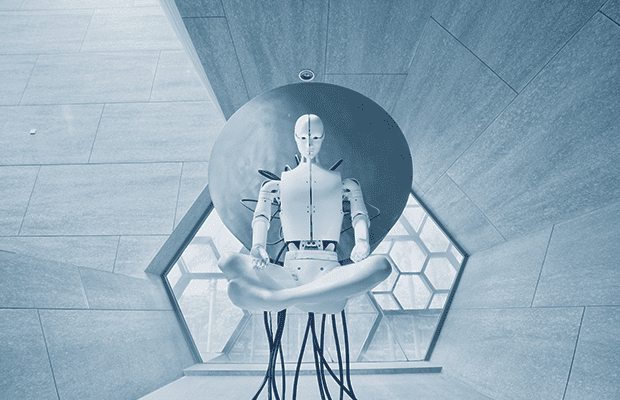I’ve always been a fan of optimistic science fiction: future worlds that aren’t based on repressive class systems, technological enslavement, or that are otherwise abhorrent to live in. If I ask you to think of a sci-fi work, you’re likely to think of one of these dystopias before something sanguine, like the Star Trek universe or WALL-E. So, I wonder: where is all the optimistic sci-fi? Where are the fantasies we’d actually want to live in?
To put it broadly, science fiction is speculative fiction involving futuristic concepts based in advanced science and technology. These imagined worlds can take a pessimistic or melancholic tone for many reasons. Firstly, the defence of a made-up world allows creators to explore and criticise their contexts when circumstances can make it difficult to do so directly. In a post-WWI, economically devastated Germany, Fritz Lang’s silent epic Metropolis is centred around working-class exploitation and industrialisation.
Even without external pressures, sci-fi is able to extrapolate contextual concerns to a didactic or satirical extreme. Themes can range from government power (a la George Orwell’s 1984) to environmental anxieties (such as in Rachel Carson’s Silent Spring). They can also be on a smaller, more personal scale, such as the pursuit of feeling loved in Spielberg’s AI: Artificial Intelligence.
Bleak scenarios are often explained as having been caused by some uncontrolled or inequitable technology that gave extreme power to an exclusive group (such as the titular luxury space station in Elysium) or took it from humans altogether (think Skynet in the Terminator films).
Technology is ostensibly meant to improve human life in some way, but one persistent problem with new technology is that it doesn’t outright ‘fix’ problems, as it’ll come with its own set of ethical or technical issues. Dealing with these can reveal further hitches and hornets’ nests, leading to a perpetual cycle of catch-22s.
The approach in sci-fi, then, need not be technologically-optimistic, but rather technologically-solutionist. Take The Martian: Matt Damon’s ‘science the sh*t out of this’ attitude embodies a progressive, problem-solving ethos in a dismal situation. Or Star Trek, where, despite conflicts, technology and progressive values have engineered a galaxy defined by ideals of peaceful exploration and multicultural harmony.
An important note is that the description ‘optimistic’ does not equate to ‘utopian’; these are not perfect worlds, but ones where the balance tips toward positive progress. To frame optimism as shallow or unrealistic, then, is to ignore the efforts (not to mention the successes) of countless people throughout history. Cynical perspectives are necessary in fiction, but such widespread resignation is a disservice to sci-fi’s core parable of imagining possibilities, especially those that reach beyond our society’s injustices; ones that see the progress we are capable of and embrace it, rather than always warning against some heinous alternative.
To quote legendary sci-fi author Ursula LeGuin: “Hard times are coming, when we’ll be wanting the voices of writers who can… imagine real grounds for hope. We’ll need writers who can remember freedom — realists of a larger reality.”
To create a better future, we need to first see its shape. To confront today’s problems, we need to believe there is a better way to live.





